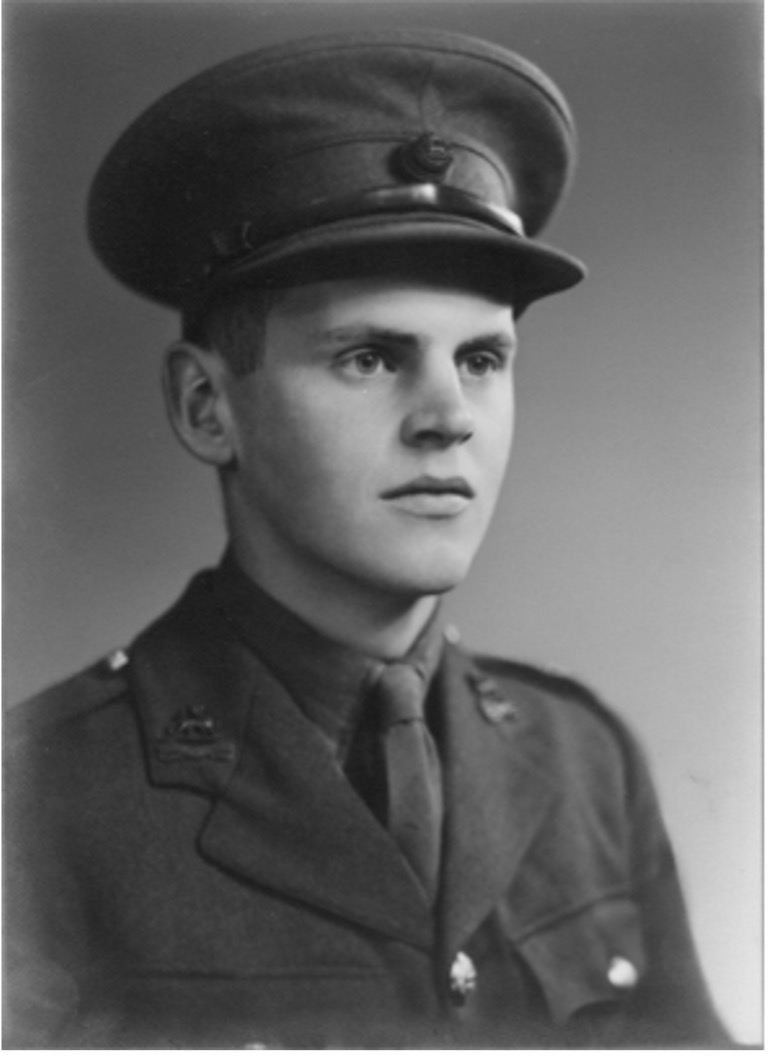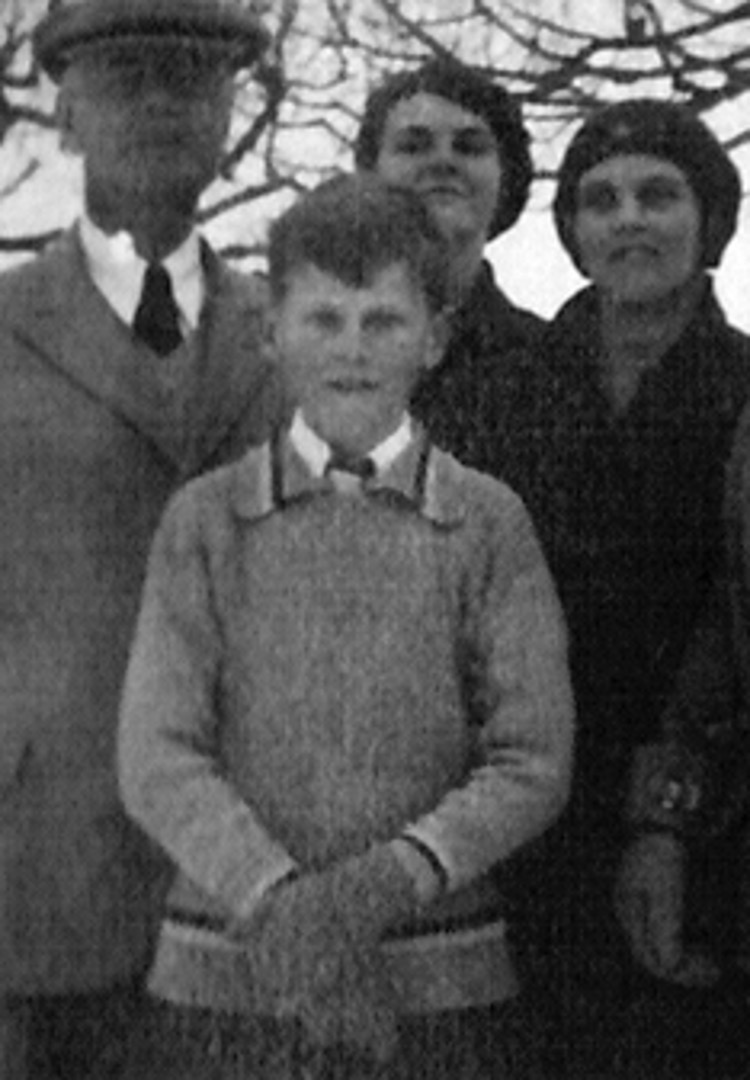Stephen Wallace Graham Bingay

| Rank: | Second Lieutenant |
| Regiment: | Royal Berkshire Regiment, 4th Battalion |
| Country: | United Kingdom |
| Service Number: | 94148 |
| Cemetary/Memorial: | Goring-on-Thames (St Thomas of Canterbury) Churchyard (Sec A, Row G, Grave 2) |
| Awards: | War Medal 1939-1945 1939-1945 Star |
Born in Berkhamstead on 2nd October 1917, Second Lieutenant Bingay died on 25th September 1940, aged 22, at Filton Aerodrome.
Stephen was the second child, and only son of Colonel Hubert Bingay and Margaret (‘Greta’) Bingay of Battersea Park, London. He was at St Ronan’s from 1927 to 1931. St Ronan’s was chosen by his parents after visiting other schools when they saw the rapport between the boys and WB Harris.
In 1928, The Ronian recorded that “Bingay was the discovery of the season (on the football field) and worked incredibly hard and shows real promise”. He also showed great academic prowess: “Bingay stayed off the challenge and triumphantly came out top of the form”. He also won a prize for Latin. In 1930 he became a Prefect. Due to illness he was unable to join the rugby side, but he represented well academically and artistically. He was confirmed at the school in 1931.
He was ill when taking his second day of the Common Entrance Examinations, but had done so well on the first day that Rugby accepted him without doing the second day’s papers. He attended the Old Ronians’ Dinner in 1932 and 1933.
After St Ronan’s, Stephen went to Rugby from 1931 to 1934. On leaving Rugby he was articled to a firm of solicitors in London and completed his exams in 1939 (2nd Class Hons). He was admitted as a Solicitor in 1940 by which time he was in the army and so never practiced.
He joined the Territorial Army in 1939 and was commissioned to the Royal Berkshire Regiment (Princess Charlotte of Wales). He was mobilised and posted to the 4th Battalion in September 1939. On 17th January 1940, the Battalion set sail for France with the British Expeditionary Force, serving with the 8th Infantry Brigade, 3rd Division under Major-General B. L. Montgomery. They took up positions at Tourmignies. On 10th March 1940, the Battalion moved to Belgium. They passed through Brussels and were involved in a number of conflicts. In May 1940, the Battalion, defending the Albert Canal in Belgium, was overwhelmed by German troops. Many soldiers of the 4th Battalion were captured and made prisoners of war. Second Lieutenant Bingay was wounded in the retreat from Belgium, but organised a party of walking wounded to walk to the French coast where they were evacuated to England.
After recovering he rejoined the Battalion in July 1940 when it was reforming in the Bristol. One of its tasks was the defence of Filton aerodrome.
On 25th September 1940, the airfield was attacked just before mid-day by 57 Heinkel 111 bombers with a Messerschmitt fighter escort. The Luftwaffe raid was primarily aimed at the Bristol Aeroplane Company's works on the south side of the airfield. One of the air raid shelters on the airfield received a direct hit, five others were seriously damaged and during the raid over 200 people were killed. Second-Lieutenant Bingay, who is believed to have been manning an anti-aircraft gun at the time, died along with 14 of his platoon.
He was the uncle of John Martin who attended Saint Ronan’s from 1945 until 1951.

